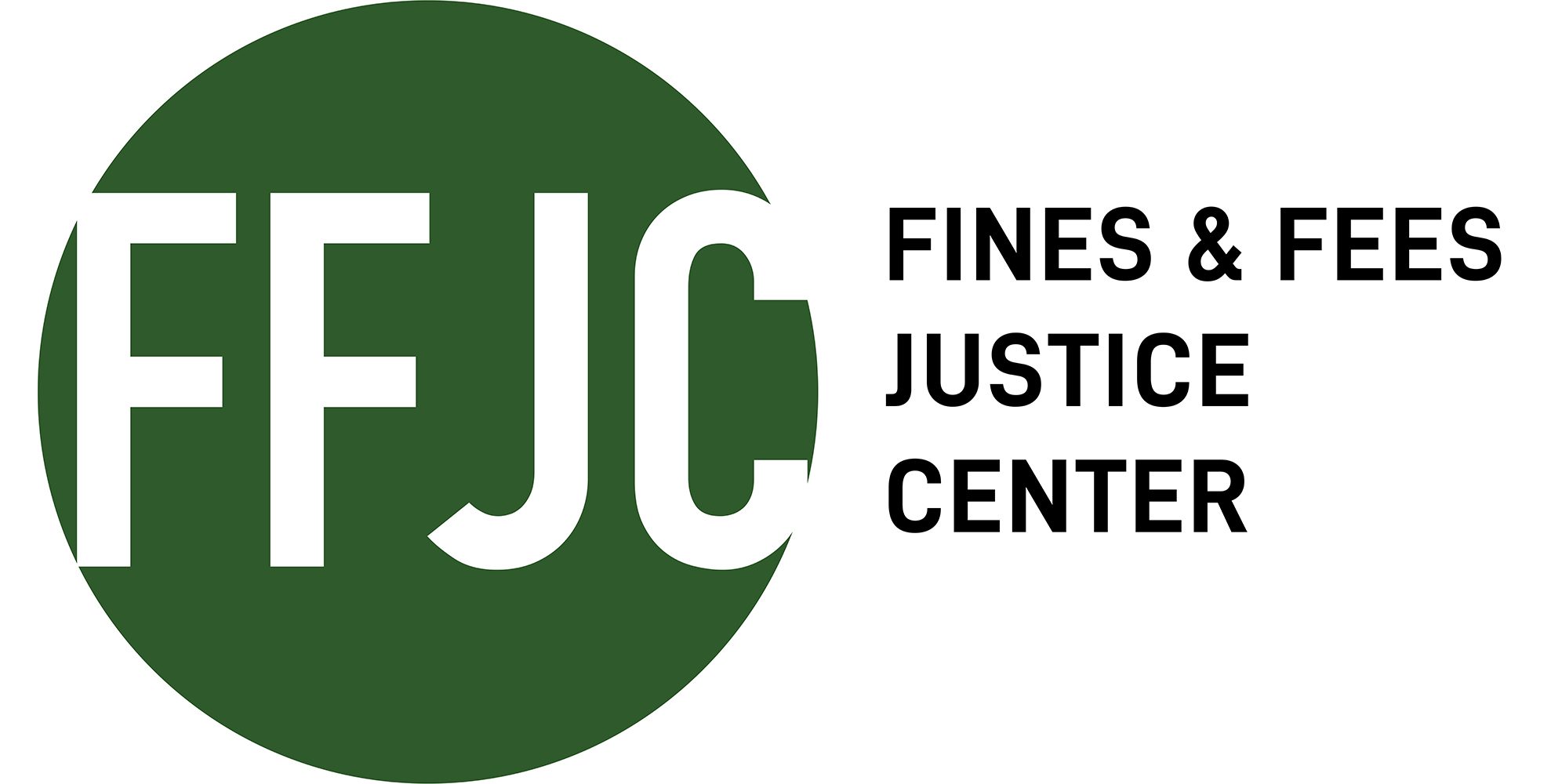The number of individuals fined increased from 12 percent to 37 percent between 1986 and 2004.
Monetary penalties are commonly levied by the criminal justice system. After the increase of incarceration from the tough-on-crime era starting in the 1970s, the burden of funding court operations shifted from a tax base to individuals involved with the justice system. This shift has disproportionately harmed those in poverty. In addition, it has resulted in many collateral consequences such as additional sanctions, incarceration, difficulty finding housing and employment, and the destabilization of families and communities. The Chicago Collaboration for Justice created a survey to examine the collateral consequences of not paying criminal justice financial obligations (CFJOs) and their impact on respondents’ ability to meet basic needs. This report summarizes the results from those surveys, and finds that the Illinois court system relies heavily on an assessment system that disproportionately impacts low and moderate-income individuals and communities of color.
You can read the full text here.
Key Findings:
- Operations costs for the justice system jumped from $84 billion to $265 billion from 1982 to 2012.
- Court sanctions for inability to pay CJFOs include increased court costs, incarceration for failure to pay, suspension of driver’s licenses, interest accrual, and more.
- The average debt incurred from an individual’s incarceration is $13,607.
- Illinois caps fines at $25,000 for felonies, $2,500 for Class A misdemeanors, and $1,500 for all other misdemeanors.
- Over half of respondents earned less than $15,000 in annual income.
- 58 percent of respondents reported they were not asked about their ability to pay; 75 percent of respondents were not offered community service hours in place of paying CJFOs.
- Traffic violations were the most frequent offense for which individuals were required to pay CJFOs.
- Consequences for unpaid CJFOs include having the debt sent to collections (56 percent), trouble reinstating driver’s licenses (35 percent), and trouble obtaining a professional license (21 percent).
Recommendations:
- Courts should give defendants an overview of what is owed to increase transparency about their CJFOs.
- The state should encourage statewide conformity, consistency, and uniformity in court assessments to decrease the disparity in CJFOs.
- Provide access to more payment alternatives.
- Make CJFOs directly related to court operations.
- Decrease reliance on a user-funded system to support court operations.
- Create procedures for judges to make ability-to-pay determinations.
